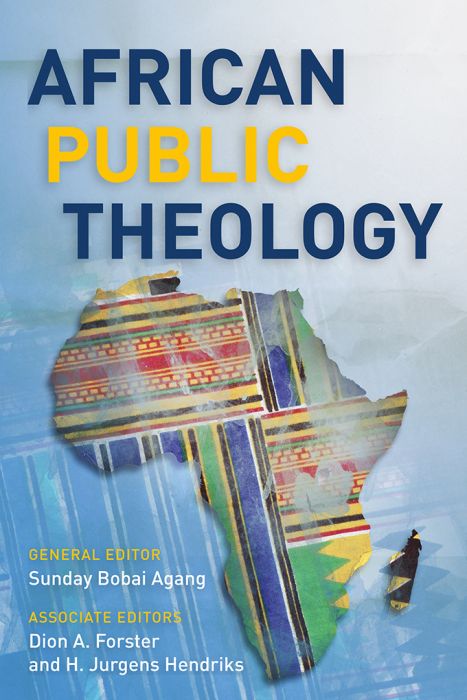Fr Pierre Goldie is the parish priest at St Raphael Catholic Church, Khayelitsha, Cape Town.

“The joy and hope, grief and anguish of the men (sic) of our time, especially of those who are afflicted in any way, are the joy and the hope, the grief and the anguish of the followers of Christ as well.”(1) This quotation matches the sentiment of the editor, Agang, who observes a suffering Africa, people who “groan as they struggle to survive” imprisoned by a multitude of oppressive forces which cannot be resolved via the resources of African Traditional Religion. In this compilation, the Christian church, with sound theology, looks deeper into the situation of rapid growth of Christianity in Africa, in contrast to so much suffering, with a clear understanding that handouts are not enough. We need to groan alongside the people and move to solutions based on the dialogue of Scripture and real life, not merely for the biblical categories of poverty and illness, but the whole range of human life, including education, business, science, entertainment, technology, artificial intelligence.
This anthology aims to rediscover the African identity in the light of Scripture and the African context, to transform and to repurpose African society for the glory of God, and to do God’s will on earth as it is done in heaven (xv), reflecting a profound concern for Africa, the Africa that God wants. It seeks to empower the church to be an instrument of change, discovering how God wishes to interact with creation and accompanied by the bold entry into the secular field, the public arena, believing that all life issues (science, politics, economics, etc.) are intended for God’s glory.
The volume is penned by 29 authors from different parts of Africa, with strong representation from Nigeria, Kenya and South Africa (including many associated with the University of Stellenbosch), either with doctorates or doctoral candidates. These African authors are not hesitant to pinpoint Africa’s problems, including bad governance, corruption, injustices, and ethnic conflicts. The secular life is not an ethically neutral zone, to be ignored by the Christian church, which seeks to oppose all that undermines human dignity.
This coheres with the trend to move from privatized, individualistic morality to the wider arena of structural sin, sin embedded in the structures of society, and a church which cannot remain on the sidelines. Christ needs to be incarnated into all aspects of life, or risk irrelevance, as the fruits of the latter neglect have already marginalized Christianity in the West. African Christians are asked to “get their hands dirty,” to enter the problematic world which needs transformation.
This compilation represents a courageous entry in existential areas of life which have been neglected by traditional Christian theology. The editors are to be applauded for drawing the substantial effort of many African scholars into the field of public theology. The volume is both a general resource for approaching public theology and a realistic engagement with the real problems of Africa, and illuminates these quandaries as a basis for further research. A wide range of topics is presented, clearly a stimulus to scholars who wish to enlarge on these chapters. Perhaps one omission is the absence of engagement with African Traditional Religion and culture, and its relationships not only with Christianity, but also as an ongoing force to be reckoned with, in the postmodern world, which itself affects all cultures. The volume is surely a catalyst to further research and realistic solutions.
The Kirby Laing Centre for Public Theology in Cambridge. Charity registered in England and Wales. Charity Number: 1191741
Kirby Laing Centre, The New Mill House, Unit 1, Chesterton Mill, French’s Road, Cambridge, CB4 3NP
© 2022 The Kirby Laing Centre for Public Theology in Cambridge